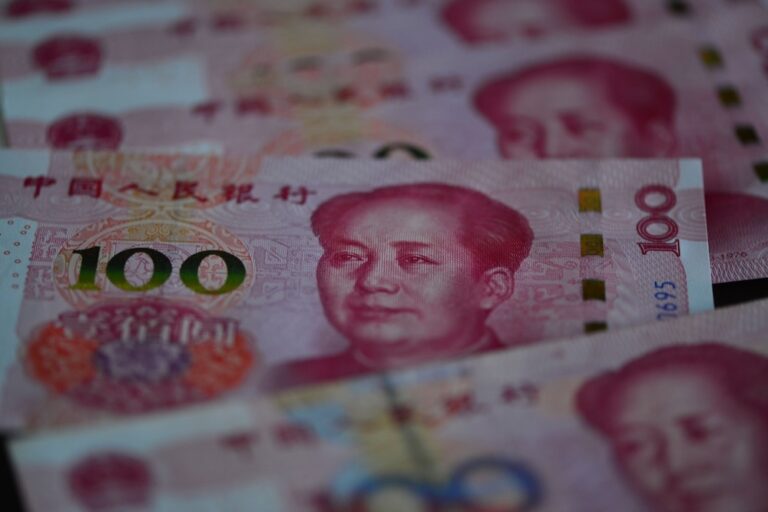(IFJ/IFEX) – The following is a 15 March 2005 IFJ media release: IFJ Raps Eutelsat Over Ban on Chinese Network: “Censorship and a Craven Sacrifice of Principle” The International Federation of Journalists today accused Europe’s Eutelsat company of bowing to pressure from communist leaders in Beijing over the cancellation of the contract giving a US-based […]
(IFJ/IFEX) – The following is a 15 March 2005 IFJ media release:
IFJ Raps Eutelsat Over Ban on Chinese Network: “Censorship and a Craven Sacrifice of Principle”
The International Federation of Journalists today accused Europe’s Eutelsat company of bowing to pressure from communist leaders in Beijing over the cancellation of the contract giving a US-based Chinese television network access to satellite facilities that could reach millions of viewers in mainland China.
“The inexplicable decision to suddenly end the contract of an independent broadcaster in this way appears to be a shocking act of censorship,” said Aidan White, IFJ General Secretary. New Tang Dynasty TV (NTDTV) was founded in 2001 and has gained an international reputation for its objective and timely reporting of political, economic, and cultural stories in Chinese.
The IFJ was responding to news that the NTDTV contract with Eutelsat, which is due to expire this month, will not be automatically renewed for a further year as permitted under the contract. With 23 satellites reaching up to 90 per cent of the global population, Eutelsat is one of the world’s leading satellite operators.
The IFJ says that over the last year Eutelsat has been under pressure from the Chinese Communist Party over its arrangement with NTDTV. The Beijing authorities have made it clear that business opportunities around the broadcasting of the Olympic Games might be at risk.
The IFJ conviction that the company has come under pressure from Beijing to cut the NTDTV service will be tested tomorrow when a Paris court will hear a lawsuit brought by French lawyers acting for NTDTV against Eutelsat and the satellite capacity broker London Satellite.
“Without a credible explanation, we can only conclude that this is simply a craven sacrifice of principle,” said White. “It diminishes free expression to satisfy the intolerance of Beijing and it reinforces cynicism among China’s leaders about the western world’s attachment to human rights and democratic values.”
The issue is also being taken up by IFJ affiliates in Great Britain, the National Union of Journalists of the UK and Ireland (NUJ), and in France, through the Syndicat Nationale des Journalistes (SNJ).
“When one of the world’s leading broadcasting companies appears to be submitting to undue political pressure it should be a cause for everyone who is concerned about free expression,” said White. “This case reinforces more than ever the need for quality and independence to be maintained in the content and management of broadcasting.”
The IFJ represents over 500,000 journalists in more than 110 countries.


